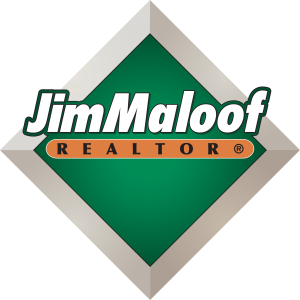🏡 Should You Buy a Fixer-Upper or Move-In Ready Home? Let’s Break It Down
In today’s Peoria-area real estate market, buyers face one of the most important decisions early on:
Should you purchase a move-in ready home or roll up your sleeves for a fixer-upper?
Each option has its perks—and its pitfalls—and which is best depends entirely on your goals, your budget, and your appetite for renovation chaos (and maybe a few trips to the hardware store).
Let’s walk through the pros and cons to help you make a confident decision.
✅ The Case for a Move-In Ready Home
Move-in ready homes are just what they sound like: fully functional, updated, and ready for you to start your new chapter the moment the keys hit your hand.
Pros:
-
Immediate comfort – No need to budget for temporary housing or live among sawdust.
-
Financing is easier – FHA, VA, and conventional loans all favor homes that are ready to go.
-
Energy-efficient features – Many newer homes have updated HVAC, insulation, windows, and appliances that save you money right away.
-
Stress-free transition – Skip the weeks or months of contractors, permits, and delays.
Cons:
-
Higher price tag – You’re paying for someone else’s updates and convenience.
-
Limited personalization – You may find yourself compromising on layout, finishes, or features you don’t love.
-
Competition – Turnkey homes are in high demand, and bidding wars are common in the Peoria, Tazewell, and Woodford County areas.
🛠️ The Fixer-Upper Route: Sweat Equity = Opportunity
A fixer-upper can be a hidden gem—if you’re willing to put in the work.
Pros:
-
Lower upfront cost – You may be able to get more square footage or land for less money.
-
Customization – You can choose your own finishes, layout updates, and color palette.
-
Equity potential – Renovating smartly can drastically increase a home’s value.
-
Less competition – Many buyers shy away from homes needing work, which can lead to better deals.
Cons:
-
Unexpected expenses – Hidden structural issues, outdated electrical, or plumbing problems can eat your budget.
-
Time and hassle – Renovations can drag on and often cost more than anticipated.
-
Financing challenges – You may need a renovation loan (like an FHA 203(k)) or pay for repairs out-of-pocket.
💬 My Take: How to Choose the Right Path
As someone who’s sold over 1,000 homes in Central Illinois over the past two decades, here’s my honest advice:
-
If you’re short on time, want predictable costs, and are moving in from out of town—go turnkey.
-
If you’re handy, patient, and looking to build equity with vision—a fixer might be a great investment.
-
And if you’re not sure? Let’s talk. I’ll help you crunch the numbers, understand what repairs really cost, and match your personality to the best strategy.
🧰 Local Tip: Know Your Renovation Rules
Before falling in love with a “project house,” check local zoning and permit requirements. Each city or village—whether it’s Peoria, Washington, Pekin, or Germantown Hills—has its own rules. Some homes in historic neighborhoods or HOAs may have strict guidelines for changes.
🎯 Final Thought
Whether you’re chasing the charm of a classic fixer-upper or the ease of a turn-key treasure, one thing’s for sure: you don’t have to figure it out alone. I’ll help you weigh your options honestly—and make sure you don’t buy the wrong house for your goals or budget.
Real estate should work for you, not wear you out.
📌 Ready to explore options?
Call or text me anytime at 309-200-5480 or visit CallDuvall.com. Let’s find your perfect match—hammer not required (unless you want it to be).

 Facebook
Facebook
 X
X
 Pinterest
Pinterest
 Copy Link
Copy Link








